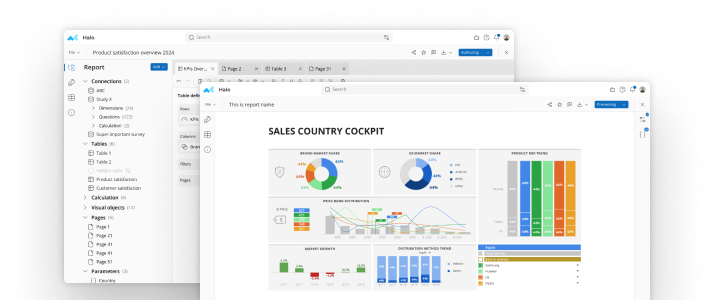What is Net Promoter Score?
Net Promoter Score (NPS) is a metric used to measure customer loyalty and satisfaction in market research surveys.

Net Promoter Score (NPS) is a metric used to measure customer loyalty and satisfaction in market research surveys.

Net Promoter Score is a metric used to measure customer loyalty by asking customers how likely they are to recommend a business's products or services to others. The score ranges from -100 to +100 and is calculated by subtracting the percentage of detractors (customers who give a score of 0-6) from the percentage of promoters (customers who give a score of 9-10).
Net Promoter Score works by asking customers a single question: "How likely are you to recommend our products or services to others?" Customers respond on a scale of 0-10, with 0 being "not at all likely" and 10 being "extremely likely."
Based on their responses, customers are classified into three groups:

Net Promoter Score is calculated by subtracting the percentage of detractors from the percentage of promoters. The formula for calculating Net Promoter Score is:
NPS = % Promoters - % Detractors
For example, if 50% of customers are promoters and 20% are detractors, the Net Promoter Score would be 30 (50% - 20%).

Net Promoter Score can be used to improve customer loyalty by:
Net Promoter Score is a powerful tool for measuring customer loyalty by asking customers how likely they are to recommend a business's products or services to others. It is calculated by subtracting the percentage of detractors from the percentage of promoters and can help businesses identify areas for improvement, reward loyal customers, encourage feedback, and monitor changes over time. Understanding Net Promoter Score is essential for businesses to make informed decisions that can improve customer loyalty and increase their bottom line.
Please visit our website to demo our award-winning tools for NPS programs.
Make smarter decisions faster with the world's #1 Insight Management System.
